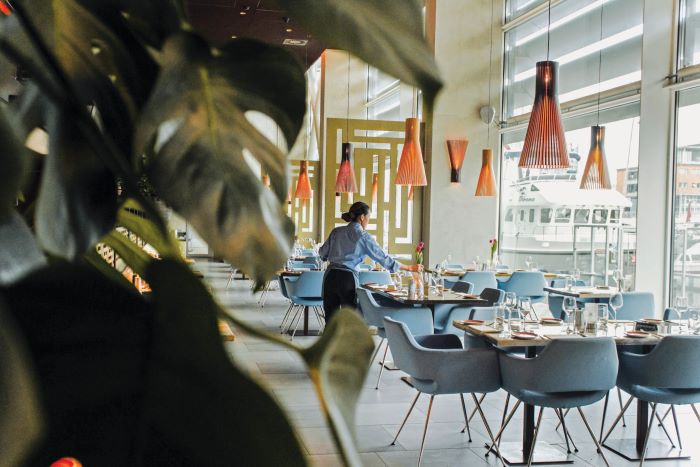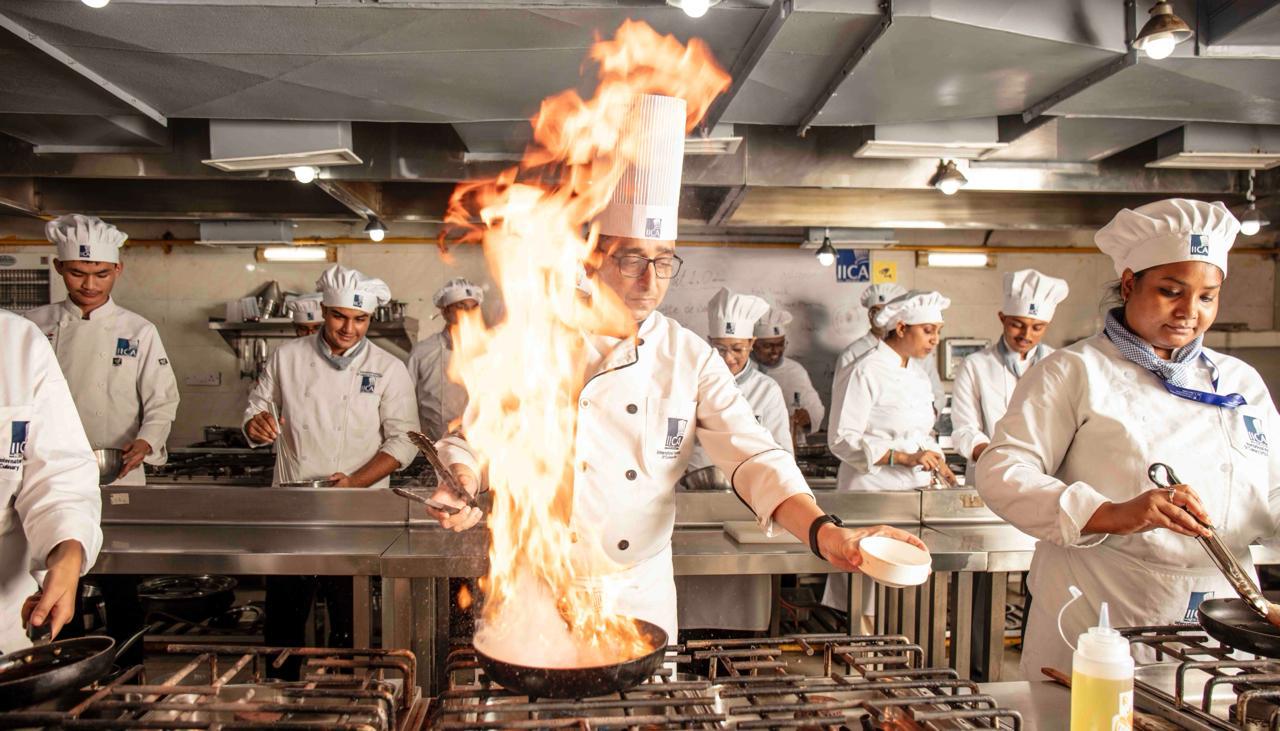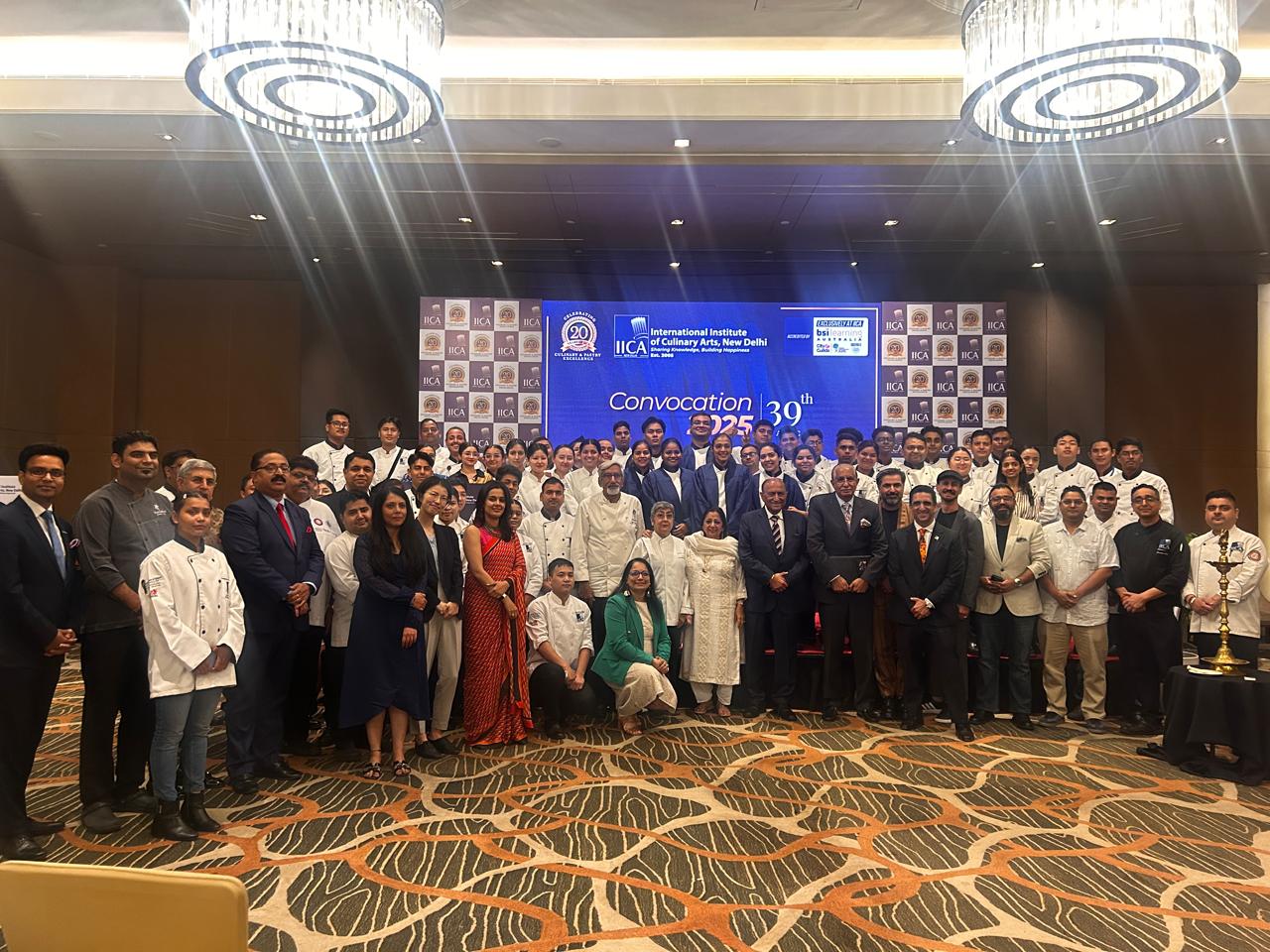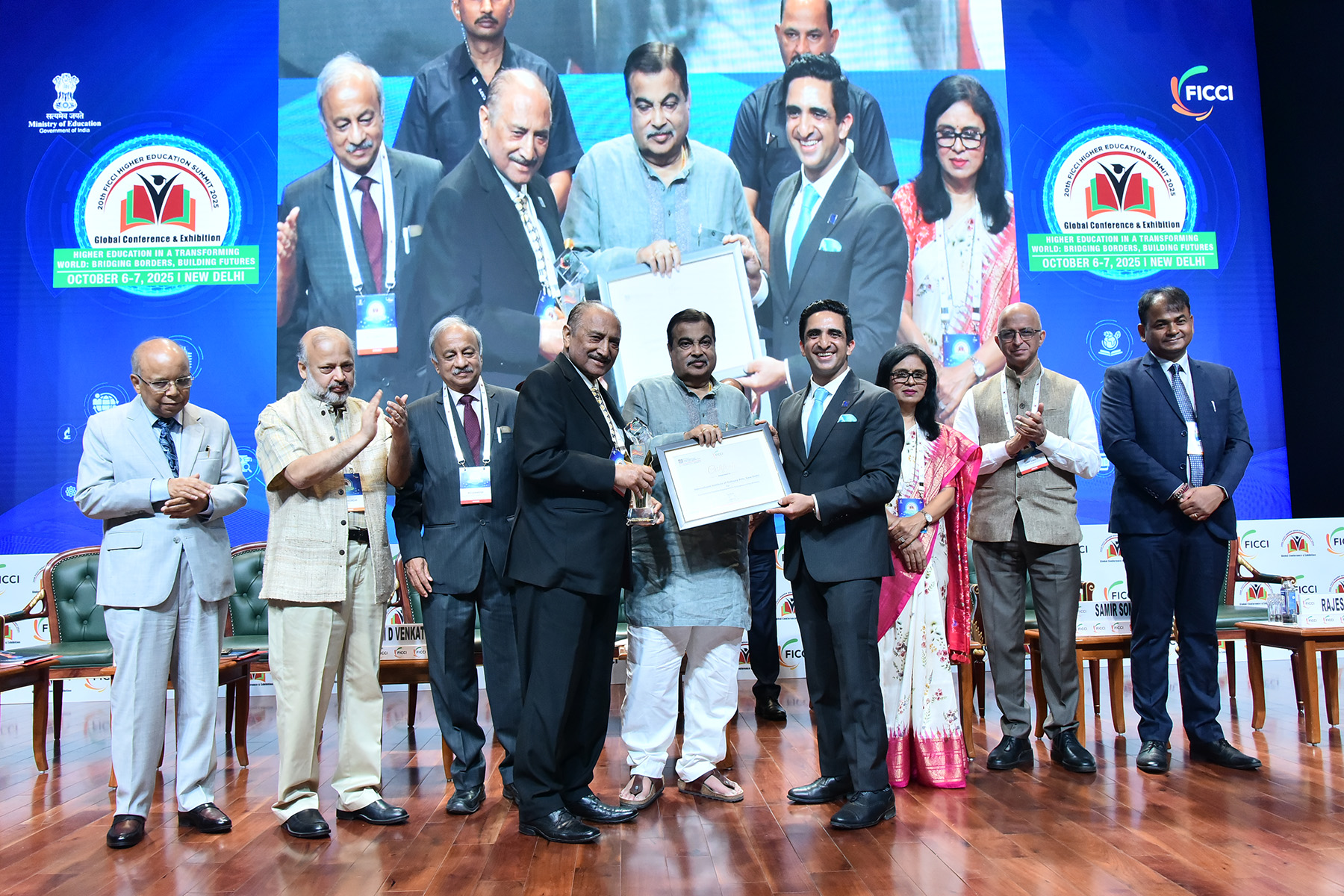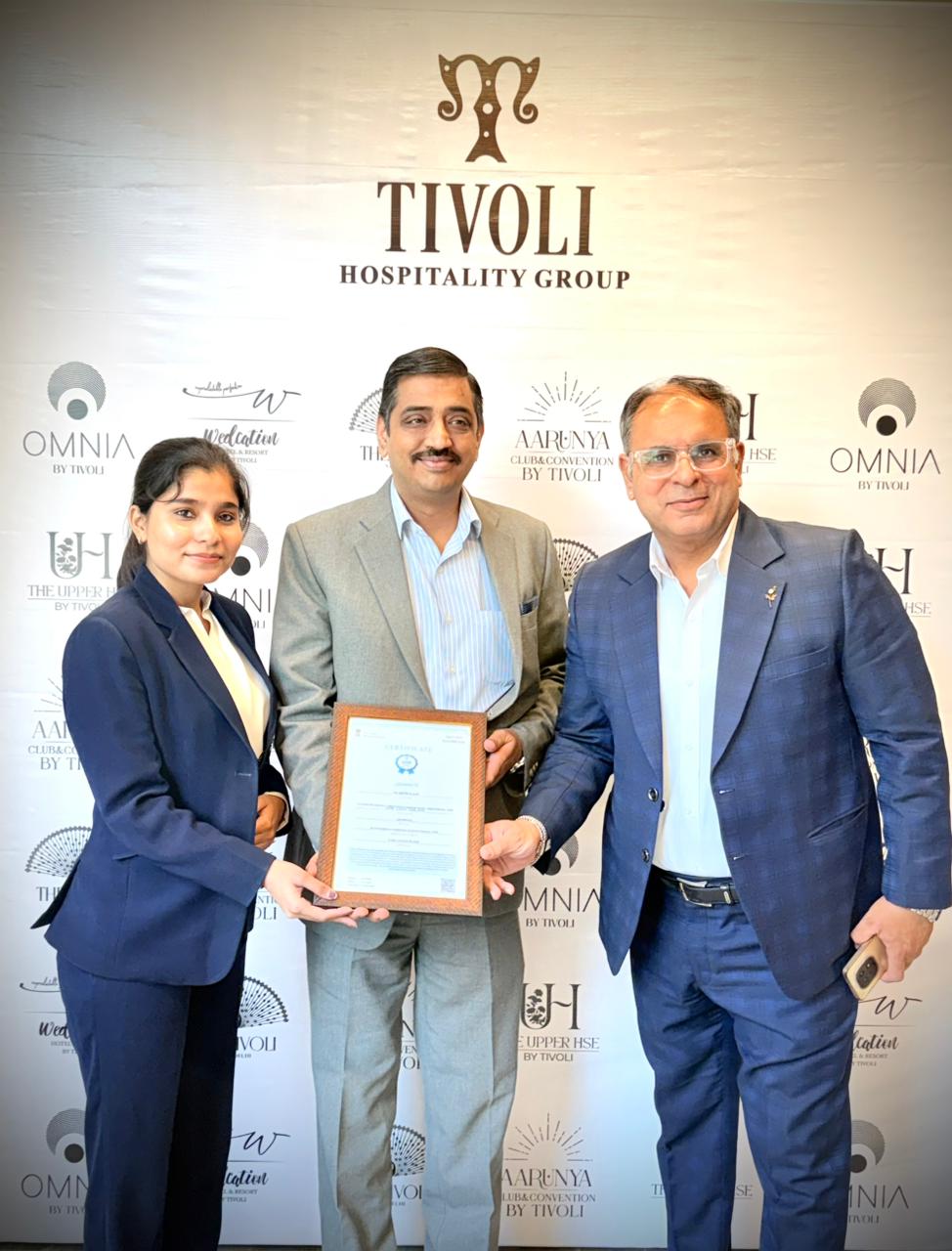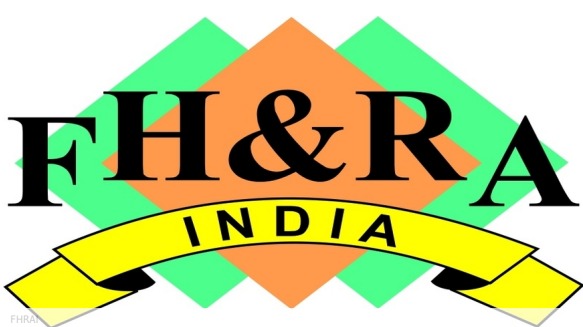NEP 2020 and JNU collaboration to boost hospitality course demand, believes KK Pant.
Lipla Negi
After the severe impact of COVID-19 led to a substantial drop in admissions, IHMs faced their worst crisis in 2022 with over 60% of seats vacant. However, the industry is recovering, with hotels highlighting the urgent need for skilled workers. KK Pant, Principal, IHM Pusa, New Delhi, believes the media has exaggerated the situation and assures that the future looks promising. Although there has been a decline in JEE test takers for IHM admissions in recent years, the long-term trend shows an increasing interest in the sector.
An array of options
In the last two decades, IHMs have offered a Bachelor of Science in Hospitality and Hotel Administration degree, providing numerous opportunities for graduates. He adds, “IHM, Pusa, has alumni in diverse sectors like civil services, armed forces, media, and MNCs. Opportunities in the broader hospitality sector have grown, extending beyond hotels to areas like retail, high-end real estate, and e-commerce, all seeking graduates for their strong soft skills. The curriculum is adapting to the National Education Policy 2020.”
The collaboration with Jawaharlal Nehru University has modernized the curriculum, emphasizing not just core hospitality skills but also environmental awareness, wellness, entrepreneurship, and employability. He states, “IHM graduates’ well-rounded personalities and aptitude make them suitable for various sectors. The entrance exam includes a 20% section dedicated to testing hospitality aptitude, evaluating empathy, analytical ability, and decision-making. Other segments assess environmental awareness, communication skills, and logical deduction, ensuring that top performers in the entrance test tend to excel in their careers.”
Filling the trust deficit
In discussions about training new hospitality professionals, Pant advises against blame games. Having experience as a hotel manager and educator, he believes finger-pointing is unproductive. He sees the divide as a result of misunderstanding and a lack of mutual trust. Pant adds, “I envision a significant opportunity for collaboration between industry professionals and educators, highlighting the potential of the National Education Policy (NEP) to bring experienced hotel managers into academia as professors of practice and provide educational institutions with opportunities for their faculty and staff to gain experience as practicing hotel managers.”
Normalize course correction
Pant observes that switching careers midway has become increasingly common in today’s professional landscape. Experts predict that in the coming decades, people may change their professions multiple times, driven by a desire for freedom and self-actualization. He explains, “This trend is not limited to hospitality; it mirrors the movement of engineers, doctors, and architects into management and civil services. It’s entirely reasonable for individuals to make course corrections if their careers are not aligned with their aspirations or if better opportunities emerge in related sectors.”
IHMs are at par
In evaluating the competition between IHMs and standalone hospitality institutes, Pant emphasizes, “The industry’s reception of graduates is the ultimate measure of an educational institution’s success.” He views state-funded institutes as equal opportunity platforms, noting that private institutions, despite modern facilities and international partnerships, may lack the quality, excellence and determination found in government IHMs. He concludes, “Quality education is a proven path to social mobility, and IHMs play a vital role in offering this opportunity to disadvantaged individuals.”
“The last few months have witnessed multiple job offers chasing a handful of competent people”
KK Pant Principal IHM Pusa, New Delhi


